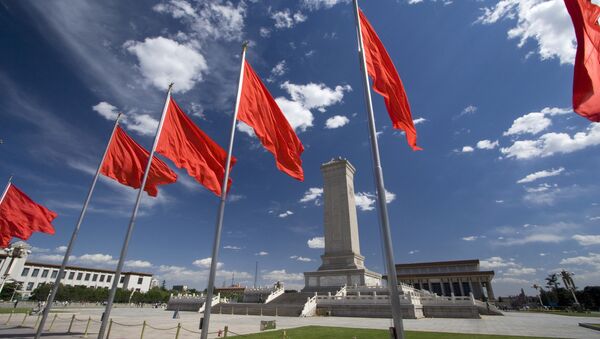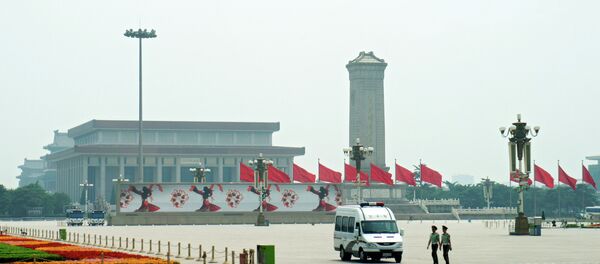Overseas experts applauded China's $100 billion-initiative to build modern infrastructure and a network of ports in the Asia-Pacific during the Maritime Silk Road Seminar, entitled "Collectively building the 21st-Century Maritime Silk Road and creating a community of common destiny," that was held in the city of Quanzhou, in southeast Fujian province, on February 11-12.
The meeting was attended by 280 officials, analysts and experts from more than 30 countries, including China, India, Pakistan, Singapore, Sri Lanka and the United States. According to experts, the project will boost the prosperity of the Asia-Pacific region, linking countries along the route and facilitating their economic development. Experts also pointed out that the initiative launched by China's President Xi Jinping in 2013, will give Asian market an outstanding competitive advantage and will make it highly attractive for other global players. Although China is viewed as the "flagman" of the process, experts underscore that mutual cooperation between the countries is based on principles of equality of all the participants of the project and common prosperity.
India's media outlets cite Liu Qibao, a member of the Communist Party's Politburo, who called upon Beijing's neighbors to "put aside differences" and join the initiative. He underscored that China was not intended to compete with other nations, and condemned attempts to aggravate tensions in the region made by some global players, in apparent reference to the United States' "pivot to Asia."
The Maritime Silk road initiative is aimed at involving states and regions comprising of 4.4 billion people with a total economic volume of $21 trillion, note China's state-run media sources. It is expected that the countries will create a joint hub of ports, energy infrastructure and free-trade zones.





